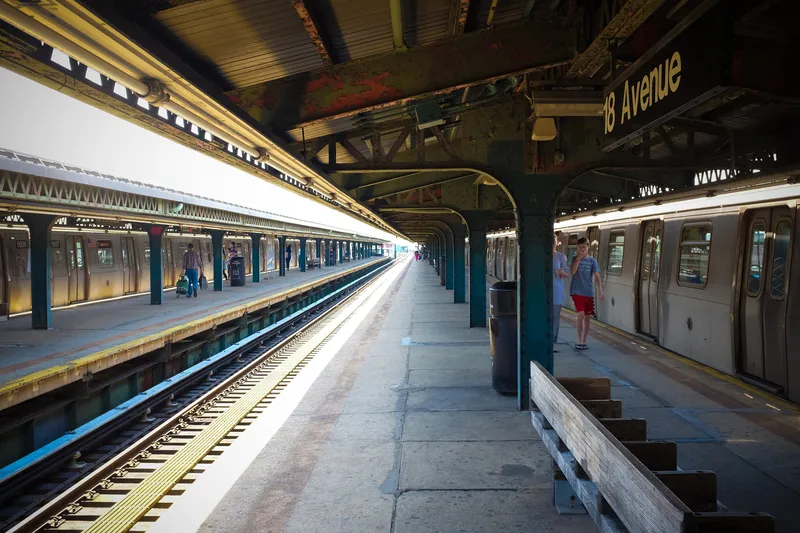The London Assembly has written to the Mayor Boris Johnson to urge him to look at bringing in a ultra-low emission zone for central London sooner than 2020 and not to restrict plans to new vehicles only. In February this year the Mayor said he wanted to make almost all vehicles driving in central London during working hours zero or low emission by 2020 and asked Transport for London (TfL) to prepare plans for a new ultra-low emissions zone (ULEZ). The London Assembly Environment Committee has now written to
August 6, 2013
Read time: 2 mins
The London Assembly has written to the Mayor Boris Johnson to urge him to look at bringing in a ultra-low emission zone for central London sooner than 2020 and not to restrict plans to new vehicles only.
In February this year the Mayor said he wanted to make almost all vehicles driving in central London during working hours zero or low emission by 2020 and asked1466 Transport for London (TfL) to prepare plans for a new ultra-low emissions zone (ULEZ).
The London Assembly Environment Committee has now written to the Mayor outlining their thoughts on the plans, following a meeting with the Mayor’s Environment advisor Matthew Penchars and comments made by the Mayor earlier this month suggesting it might only apply to new vehicles.
The Committee says 2020 is a late date to bring in measures to tackle air pollution given that there are more than 4,000 premature deaths each year in the capital due to air pollution and suggests earlier implementation should be considered.
It says it supports the idea of a more stringent low emission zone and it understands TfL will consult later this year on a range of options. It urges the Mayor not to rule out including all vehicles from the consultation. It sets out the importance of setting the standard high enough to bring significant benefits and calls for modelling of the likely effects and options.
Murad Qureshi AM, chair of the Environment Committee, said: “With thousands of Londoners dying prematurely each year because of air pollution, action is needed to clean up the capital. The ultra-low emission zone may be an effective tool to improve air quality, but only if it is strong enough to make a difference.
“We urge the Mayor and his team to see if action can be taken sooner to protect Londoners from harmful effects of air pollution and look carefully at the most effective options, including creating a zone that applies to all vehicles.“
In February this year the Mayor said he wanted to make almost all vehicles driving in central London during working hours zero or low emission by 2020 and asked
The London Assembly Environment Committee has now written to the Mayor outlining their thoughts on the plans, following a meeting with the Mayor’s Environment advisor Matthew Penchars and comments made by the Mayor earlier this month suggesting it might only apply to new vehicles.
The Committee says 2020 is a late date to bring in measures to tackle air pollution given that there are more than 4,000 premature deaths each year in the capital due to air pollution and suggests earlier implementation should be considered.
It says it supports the idea of a more stringent low emission zone and it understands TfL will consult later this year on a range of options. It urges the Mayor not to rule out including all vehicles from the consultation. It sets out the importance of setting the standard high enough to bring significant benefits and calls for modelling of the likely effects and options.
Murad Qureshi AM, chair of the Environment Committee, said: “With thousands of Londoners dying prematurely each year because of air pollution, action is needed to clean up the capital. The ultra-low emission zone may be an effective tool to improve air quality, but only if it is strong enough to make a difference.
“We urge the Mayor and his team to see if action can be taken sooner to protect Londoners from harmful effects of air pollution and look carefully at the most effective options, including creating a zone that applies to all vehicles.“









